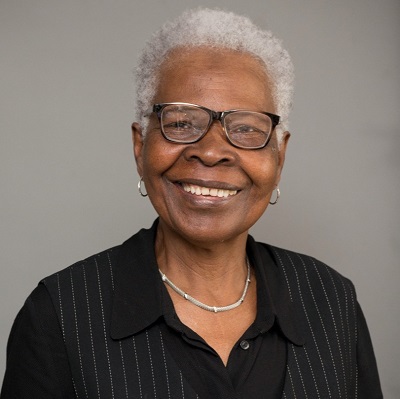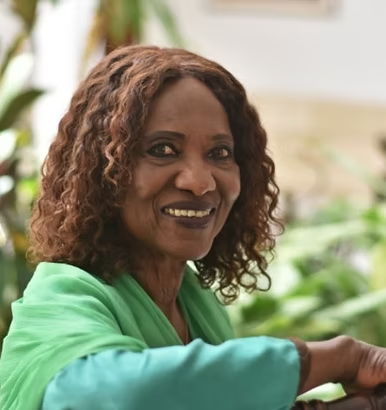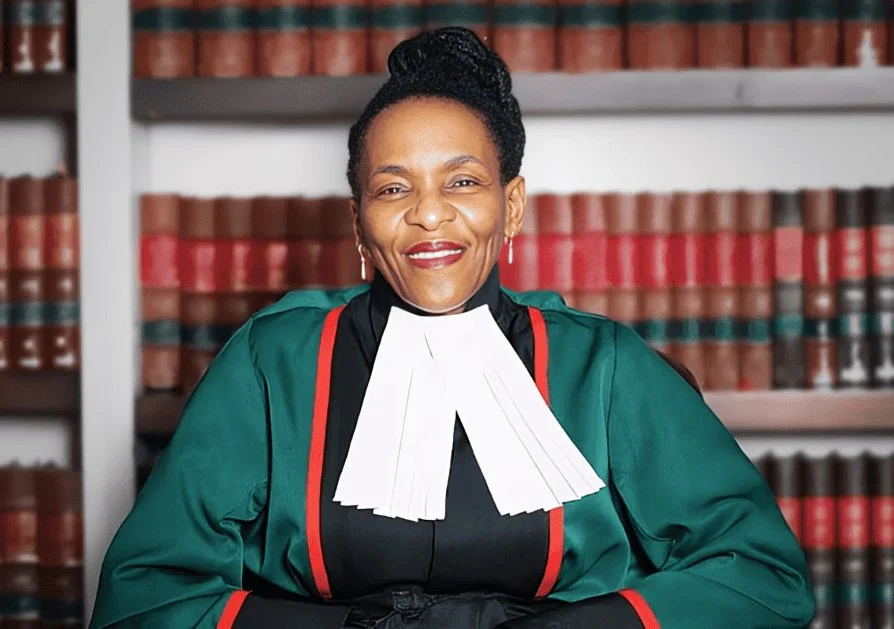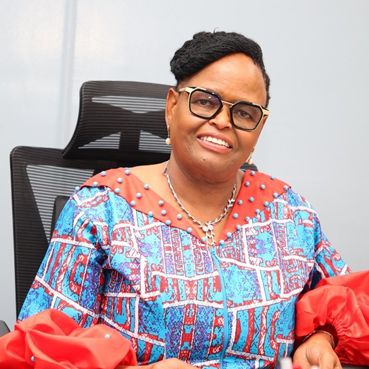

This report explores the status of women in legal education in Nigeria, identifying obstacles like gender discrimination and lack of support for career advancement. It provides recommendations to foster a more inclusive academic environment.

This report examines the challenges Nigerian women face in legal practice, including gender biases, work-life balance issues, and limited mentorship opportunities. It offers recommendations to enhance women’s leadership roles within the Nigerian Bar.
It seeks to identify barriers and challenges faced by women and provide recommendations to promote their representation in leadership roles to achieve UN Sustainable Development Goal #5 on gender equality. Factors such as the impact of culture and religion, sexual harassment and lack of support networks were identified as some of the main obstacles that Kenyan women in law face.


The Women in Law and Leadership Project is a comprehensive study of women's pathways, barriers and facilitators to leadership. The pilot countries are Nigeria, Kenya, South Africa and Senegal.
Women in Law & Leadership Reports


Focusing on legal education, this report identifies challenges faced by women academics in Kenya, such as limited mentorship and advancement opportunities. It offers strategies to promote gender equality within the legal academy.

Analyzing the Kenyan legal practice, this report reveals that despite women comprising a significant portion of the profession, they encounter barriers to leadership roles.


This report explores the experiences of women in South Africa’s legal education sector, noting challenges like gendered expectations and lack of mentorship.

This report examines the status of women in South Africa’s legal practice, highlighting issues like gender bias, unequal pay, and work-life balance challenges. It proposes interventions to support women’s progression into leadership roles within the bar.



" I wish to recognize the efforts of lAWL in putting together this insightful research report I am particularly inspired by its representativeness and the voice it gives female lawyers in Nigeria to express themselves in the best and most realistic way possible."

Hairat Ade-Balogun, OON
Life Bencher, Nigeria
"This report draws special attention to many barriers highlighted by female legal academics. It does so by centering their voices, adding a personal and unique touch. The challenges identified are generally intersectional, making them more complex than they may appear."

Oluyemisi Bamgbose, SAN
Professor of Law, Nigeria
"The Institute for African Women in Law (IAWL) has done a remarkable job commissioning this research and compiling this report. It is up to date with the times by noting the changing needs of female judges in Nigeria. I recommend that all judges - female and male - read this insightful report because there is a lot to learn and unlearn."

Hon. Justice Aloma Mariam Mukhtar, GCON
First Female Chief Justice of Nigeria
"The Institute for African Women in Law deserves commendation
for its work which has broken new grounds regarding research on women in law in Senegal. To all readers, I believe you will enjoy turning the pages of this insightful report that will encourage you to learn about women in the Senegalese legal, judicial, and academic professions."

Elisabeth Dior Sow Fall
First Female Prosecutor, Senegal
"The report is presented very didactically, which makes it very easy to read. The approach is educative and reconciles a theoretical and practical approach to the subject because the figures and graphics support the assertions."

Aminatta Cissé Niang
Dean, Faculty of Legal and Political Sciences, Senegal
"In my opinion, this report by the Institute for African Women in Law (IAWL) is a timely masterpiece with rich evidence that documents
the intersectional challenges facing women in South Africa's legal academy. It is a valuable addition to the limited scholarship on women legal academics not only in South Africa but across Africa."

Najma Moosa, Ph.D
Senior Professor, University of the Western Cape, South Africa
" For so long, the profession had been men's domain. Upon women's entry, we had to confront a number of patriarchal attitudes and
male-driven barriers. Sometimes we win, and sometimes we lose.
But I believe, as this report communicates, that having women equally represented in leadership is the way to go. "

Mabaeng Lenyai
President, Law Society of South Africa
" As a woman on the bench, I encountered my own barriers in rising to where I am today. But those barriers play out differently for different women and change over time. Therefore, the barriers this report identifies shed light on the old, new, and emerging obstacles to women's retention and promotion. "

Mandisa M. L. Maya
Chief Justice, South Africa
"I would like to congratulate the research team at the Institute for African Women in Law (IAWL) for doing good work, without which this report would not have seen the light of day. I especially want to thank IAWL for documenting the pressing issues affecting women judges in and at the threshold of leadership and making recommendations for all stakeholders to advance women judges' promotion."

Hon. Justice Martha Koome, EGH
Chief Justice and President of the Supreme Court of Kenya
" This report's insights into the multiplicity of barriers that female legal academics face in Kenya are indeed exciting and enlightening. The report brings together different experiences, voices, and perspectives that deepen the discourses on women in academic leadership.
It exposes those barriers that were known but unnamed and those that are emerging. "

Patricia Kameri-Mbote, Ph.D
Professor of Law, Kenya
" This report makes evidence-based rather than anecdotal recommendations. The recommendations stand a better chance of fitting the Kenyan context because they are based on the voices of insiders. I believe, taken seriously, this report's recommendations can
catapult more women advocates in Kenya to the highest levels possible in the legal profession, both nationally and internationally. "

Ambassador Raychelle Awuor Omamo, SC, EGH,
Kenya





























